Lake Baikal at the crossroads? Ecologists battle pollution and algae to save planet’s biggest reservoir
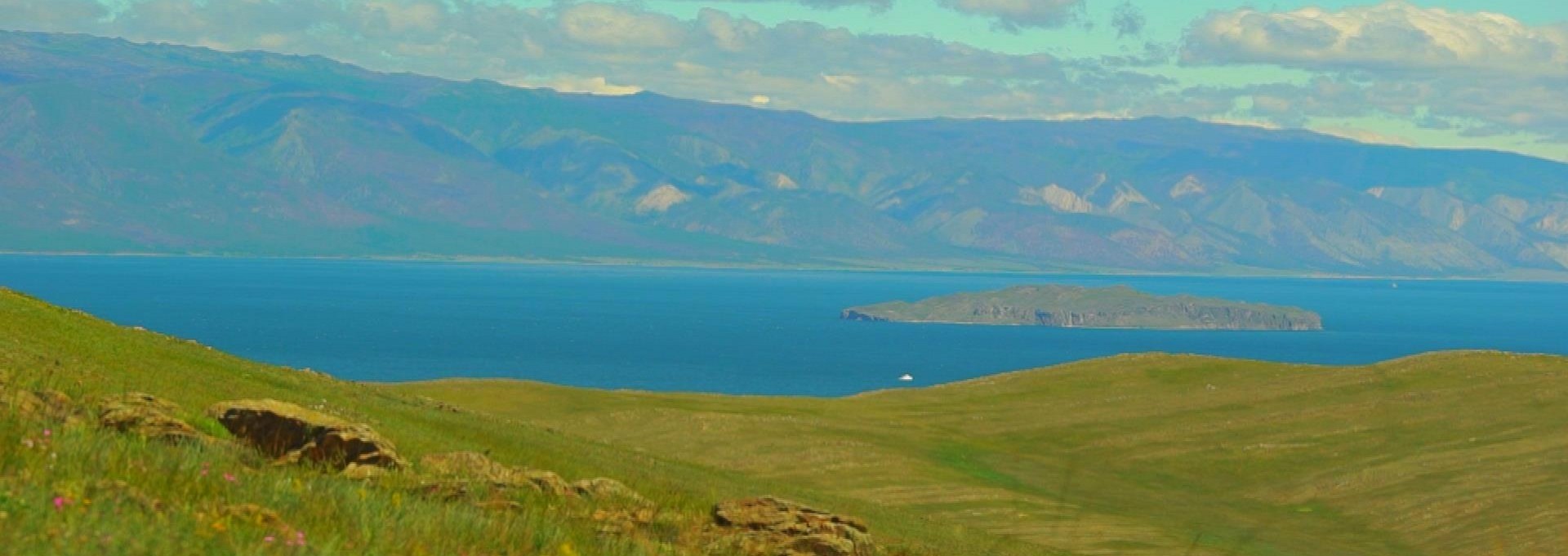
- Russia’s Lake Baikal in Siberia, the world’s oldest and deepest, contains 20% of the world’s fresh water.
- Its incredibly clean and clear water is home to hundreds of unique animal and plant species.
- Pollution, plastics and other waste left by tourists and factories have led to the appearance of harmful swamp algae along its coastline.
- RTD’s James Brown joins a team of researchers who are increasingly concerned about the region’s ecology to see just how bad the situation is.
- Ecologists and volunteers are employing strategies to fight the pollution, including recycling and educating tourists about environmental issues.
- There are a few hopeful signs as well, as certain endemic animal populations are starting to recover.
Russia’s Lake Baikal in Siberia is the oldest and deepest lake on the planet.
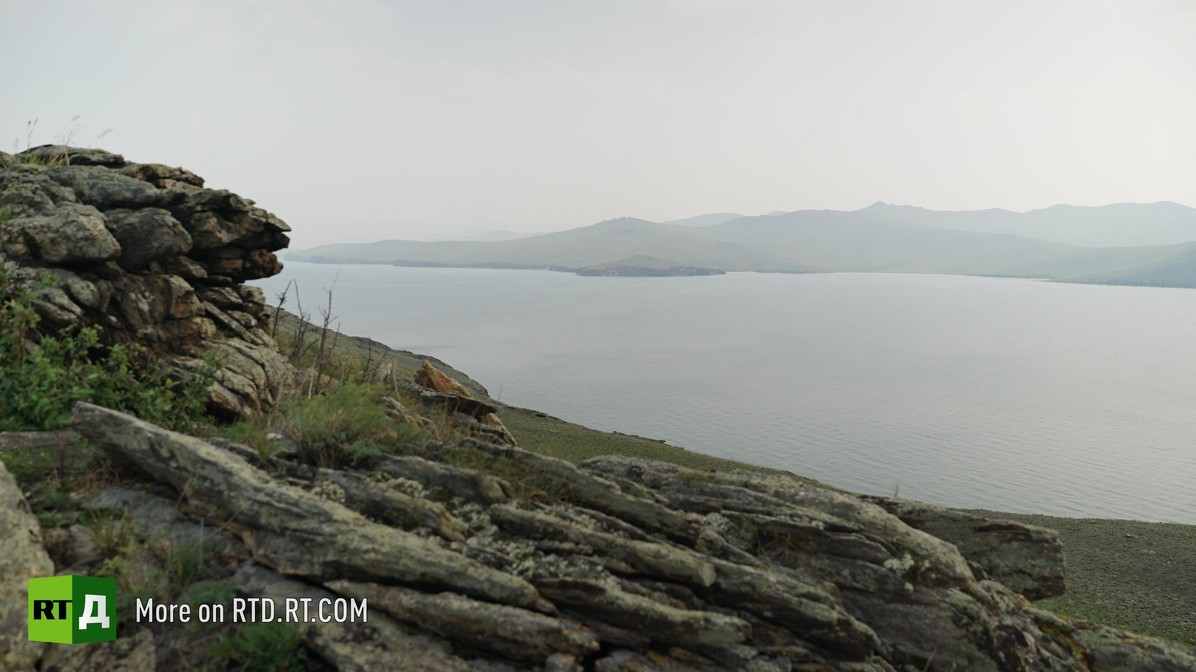
It is famous for containing 20% of the world’s fresh water.
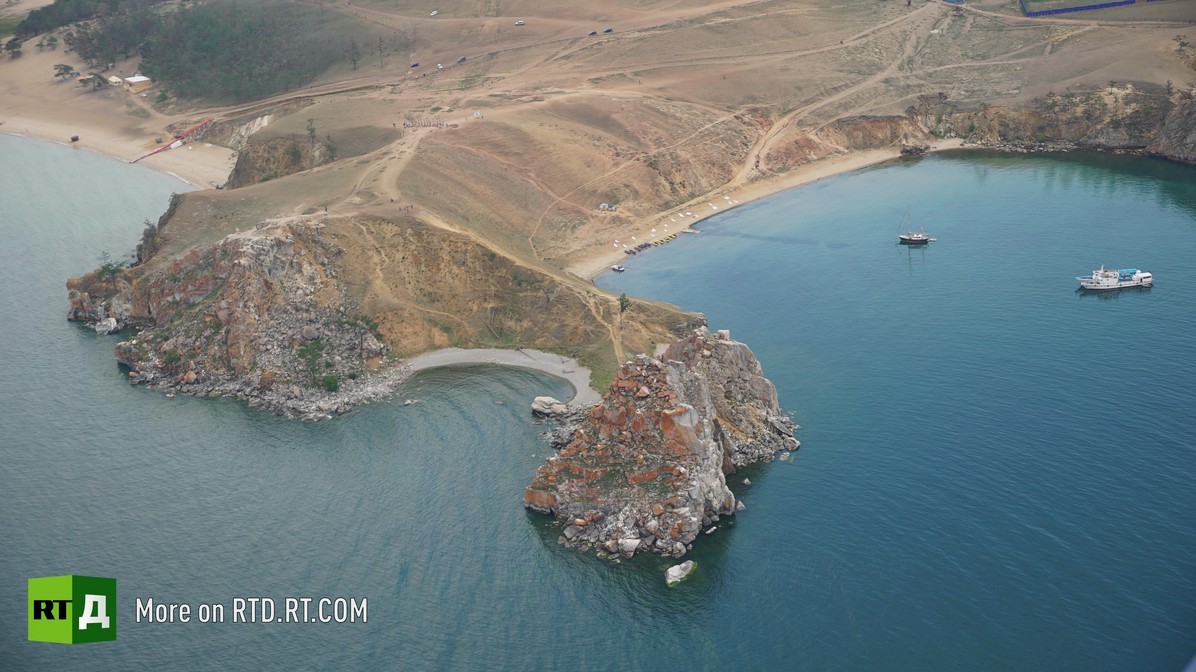
It’s incredibly clear and clean water is home to hundreds of unique animal and plant species.
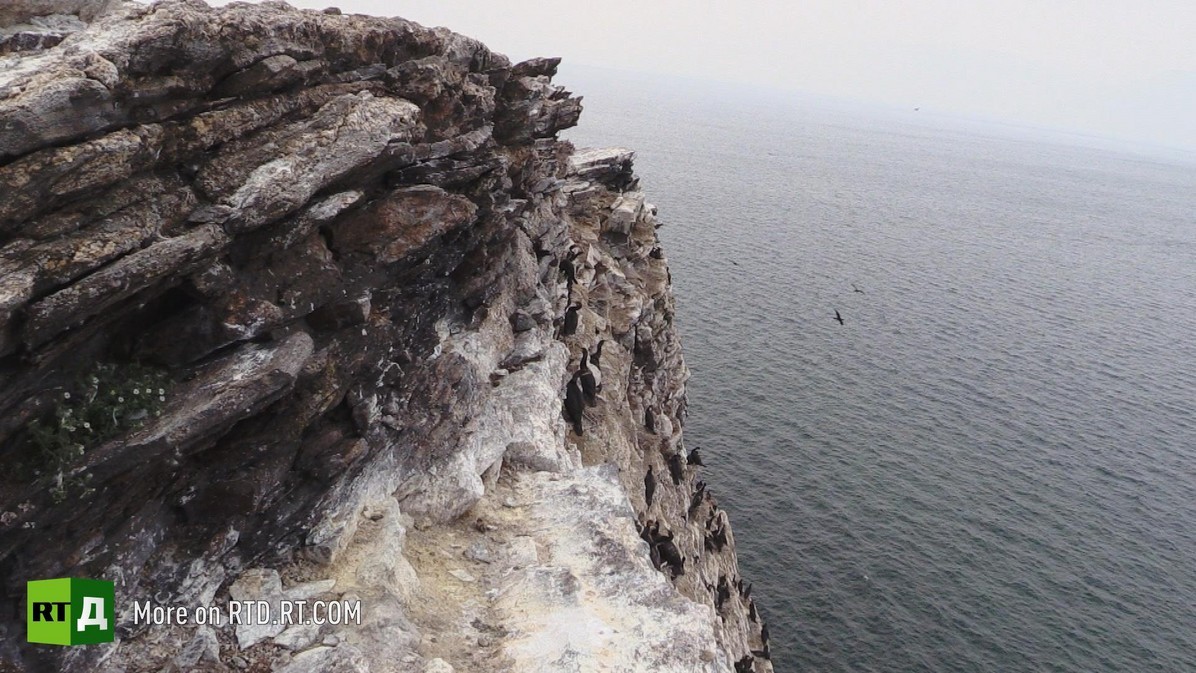
The beauty and rich biodiversity attracts many visitors.
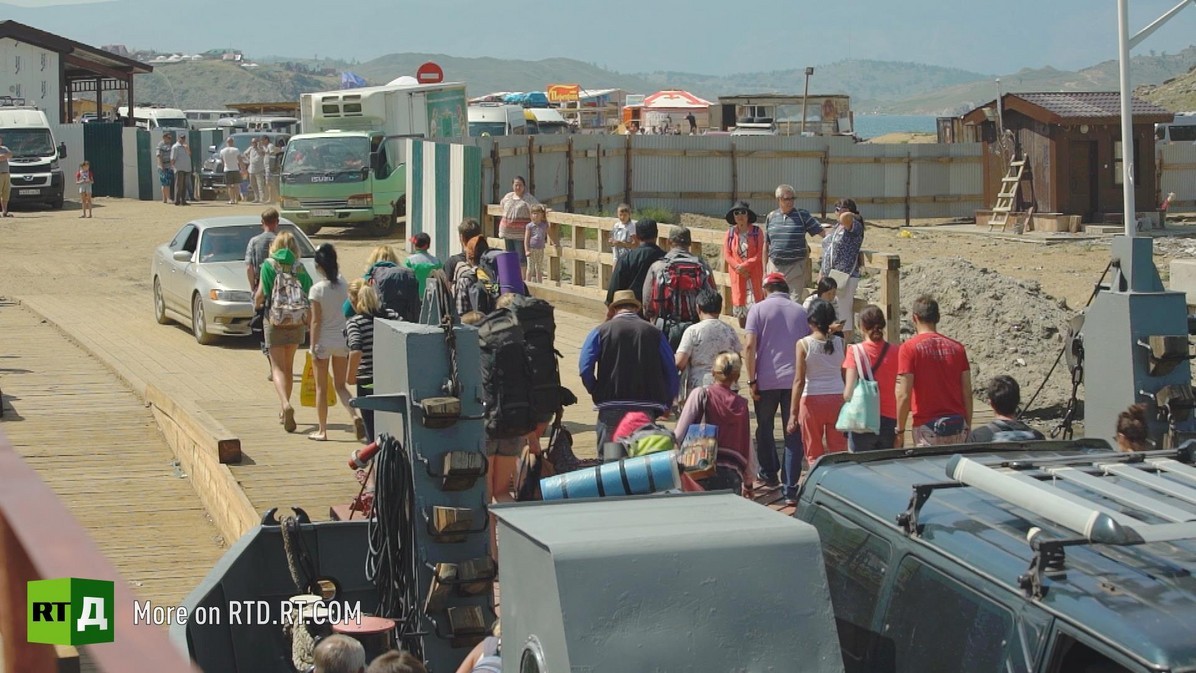
While tourism brings in much needed cash, it also has a flip side; tourists bring pollution, plastics and other waste.
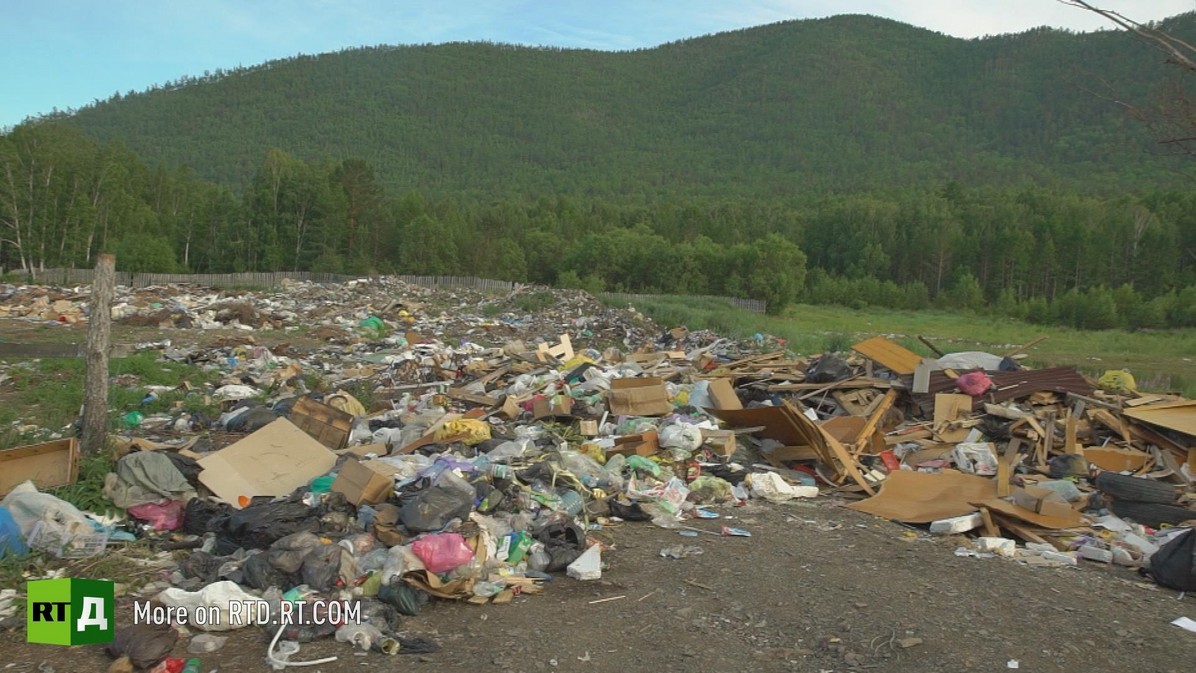
Local biologists, who have been monitoring the lake for 70 years, are now increasingly concerned about the region’s ecology.
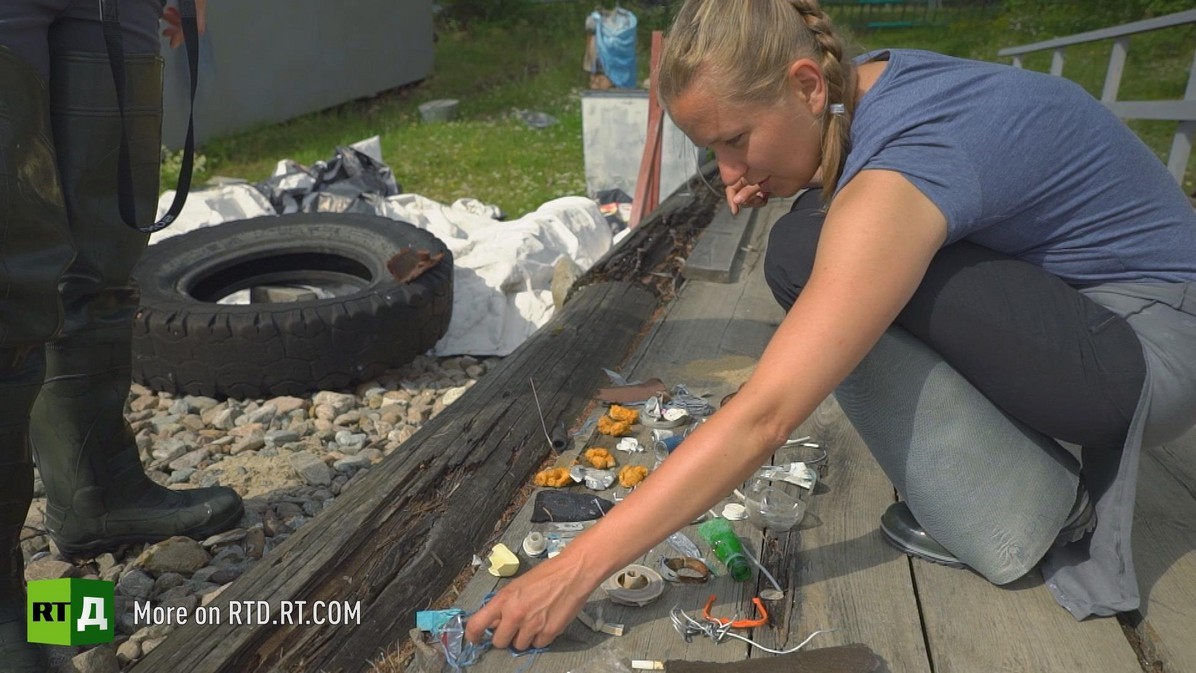
James Brown returns to Baikal seven years after his last visit to investigate reports that the region’s ecology had changed for the worse.
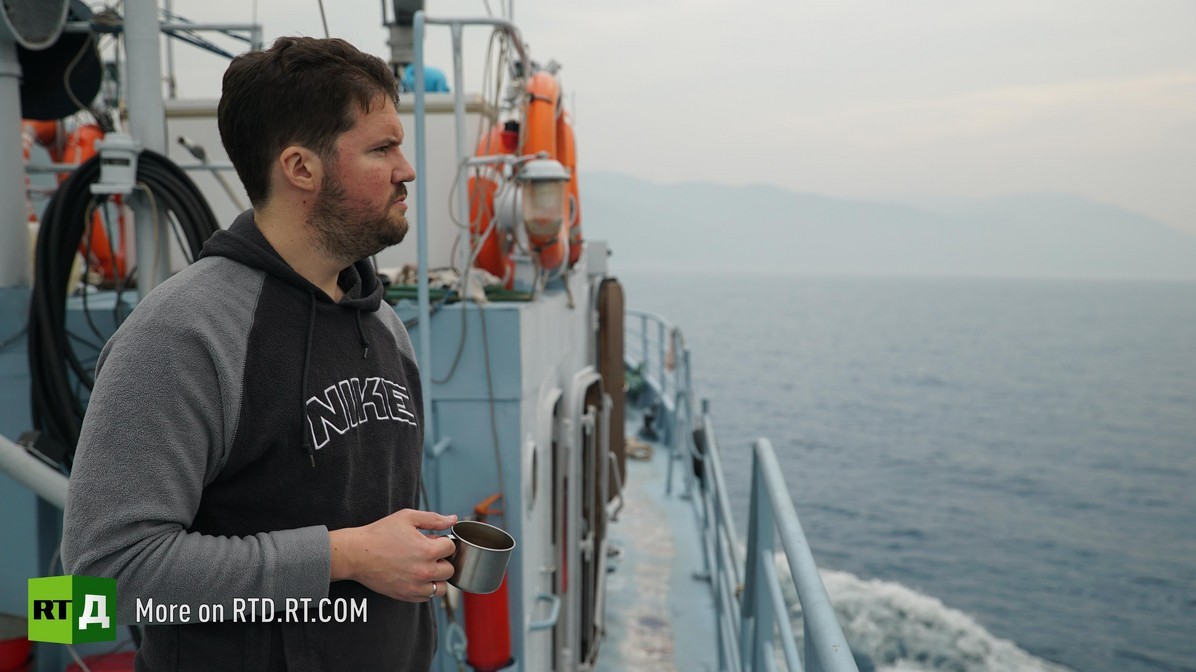
He joins a team of researchers to take water and sediment samples to see just how worrying the situation is.
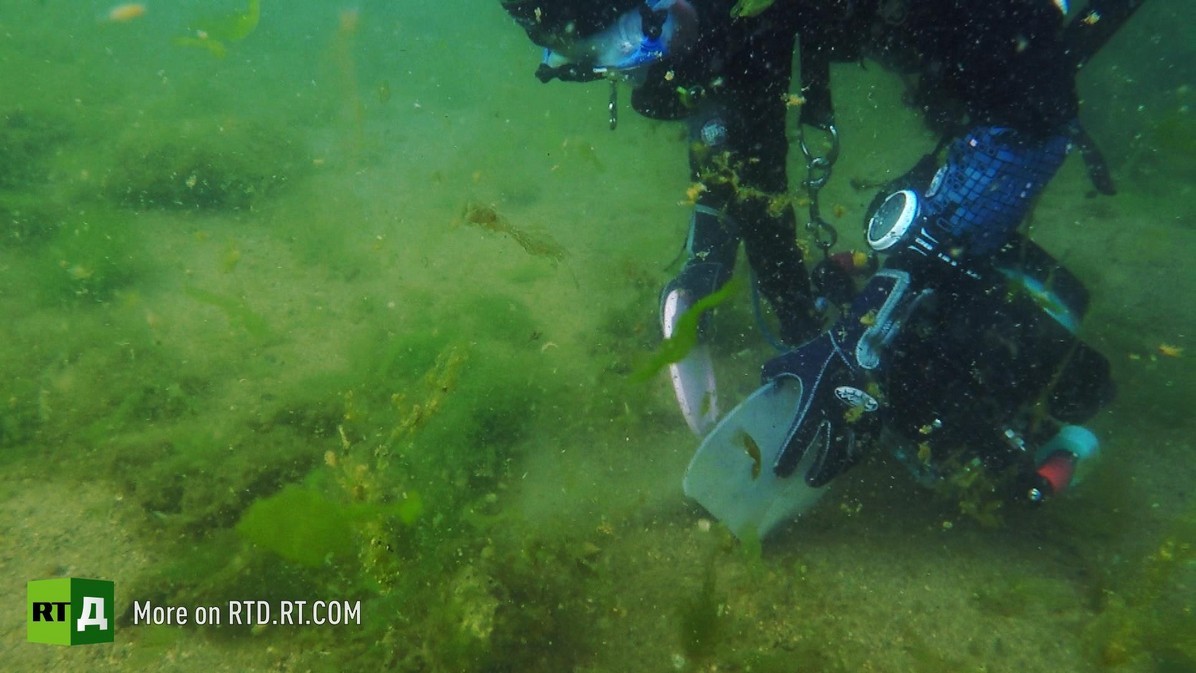
Visual examination reveals that a certain type of algae usually found in swamps has appeared.
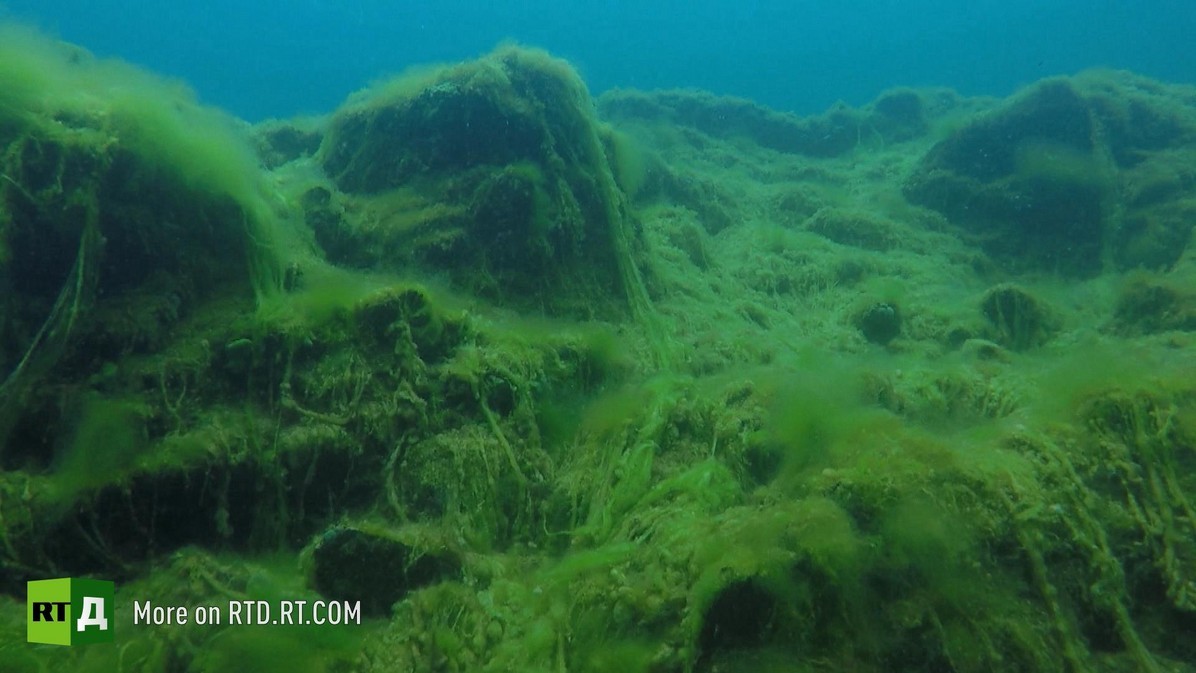
It has been spreading along the coast line signifying growing levels of pollution.
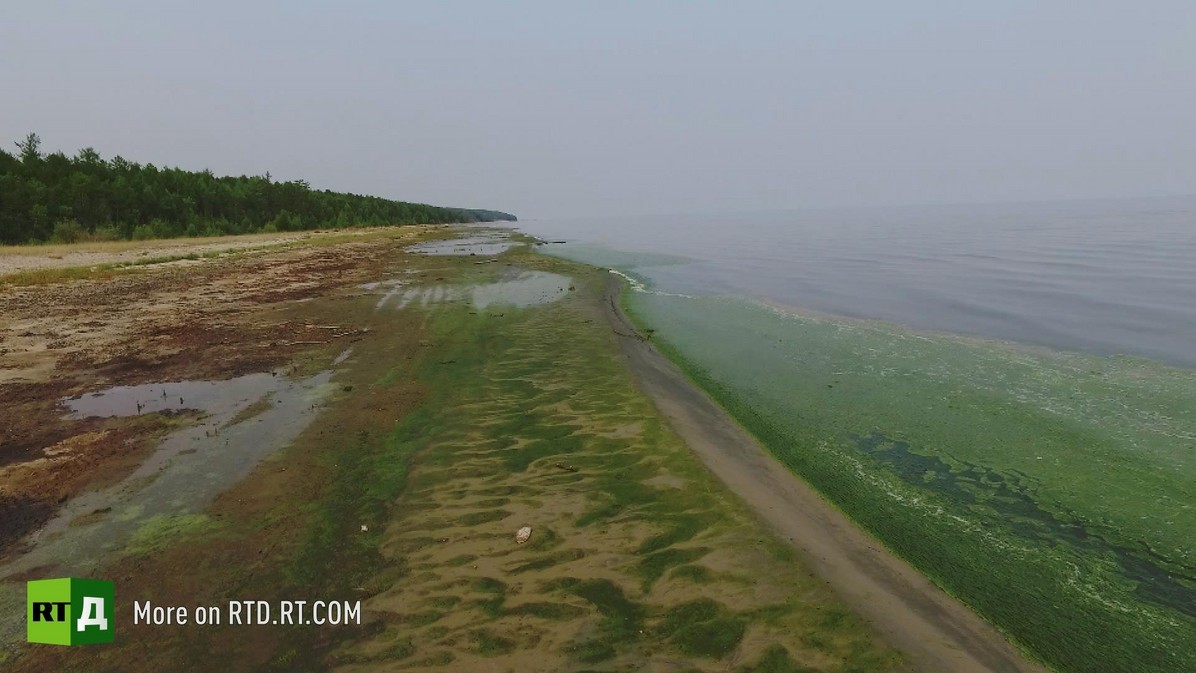
Along with some worrying signs, there are a few hopeful ones too – certain endemic animal populations have begun to recover.
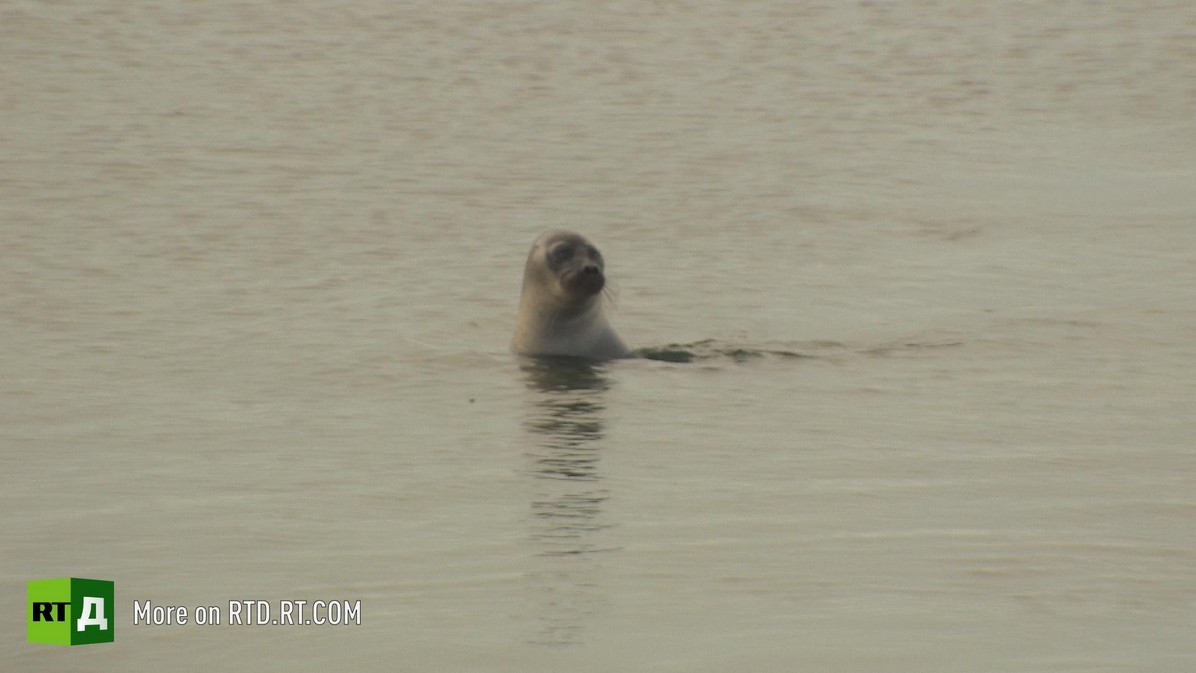
James also visits Olkhon, an island popular with tourists, to see how ecologists and volunteers are fighting against the pollution that visitors leave behind.
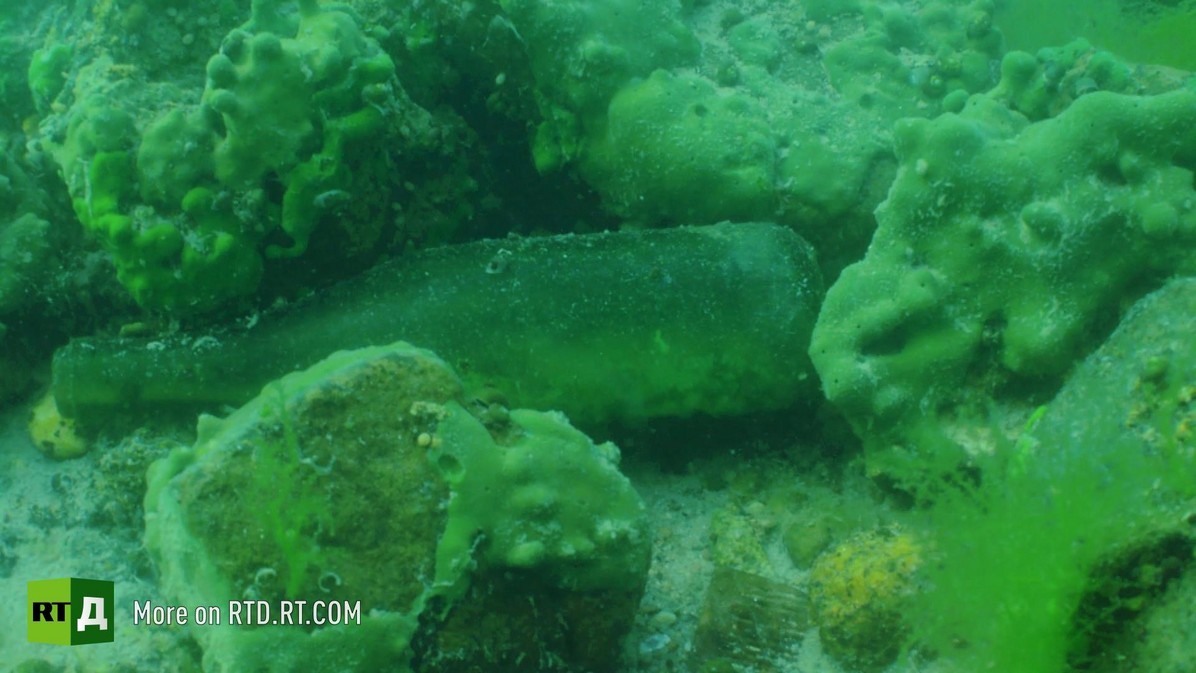
From recycling to educating tourists and raising awareness of environmental issues, they’ve come up with effective strategies to preserve Baikal’s unique beauty and water quality.
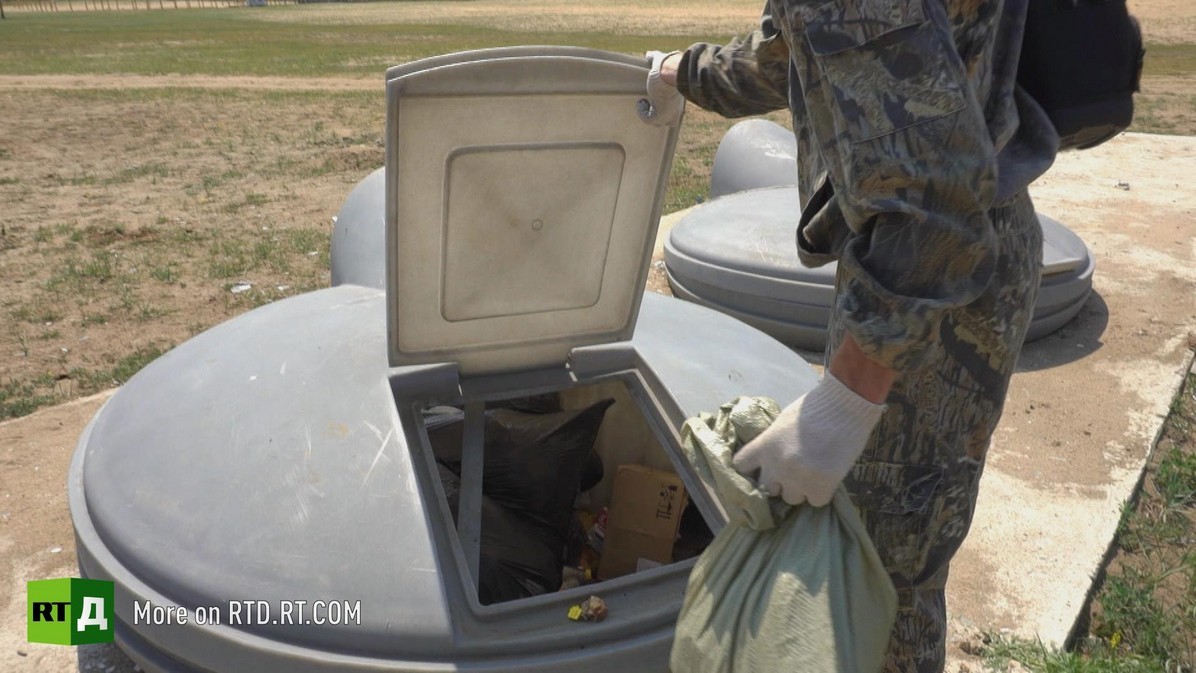
If they’re going to succeed, they need everyone who visits or lives by this natural wonder to play their part.
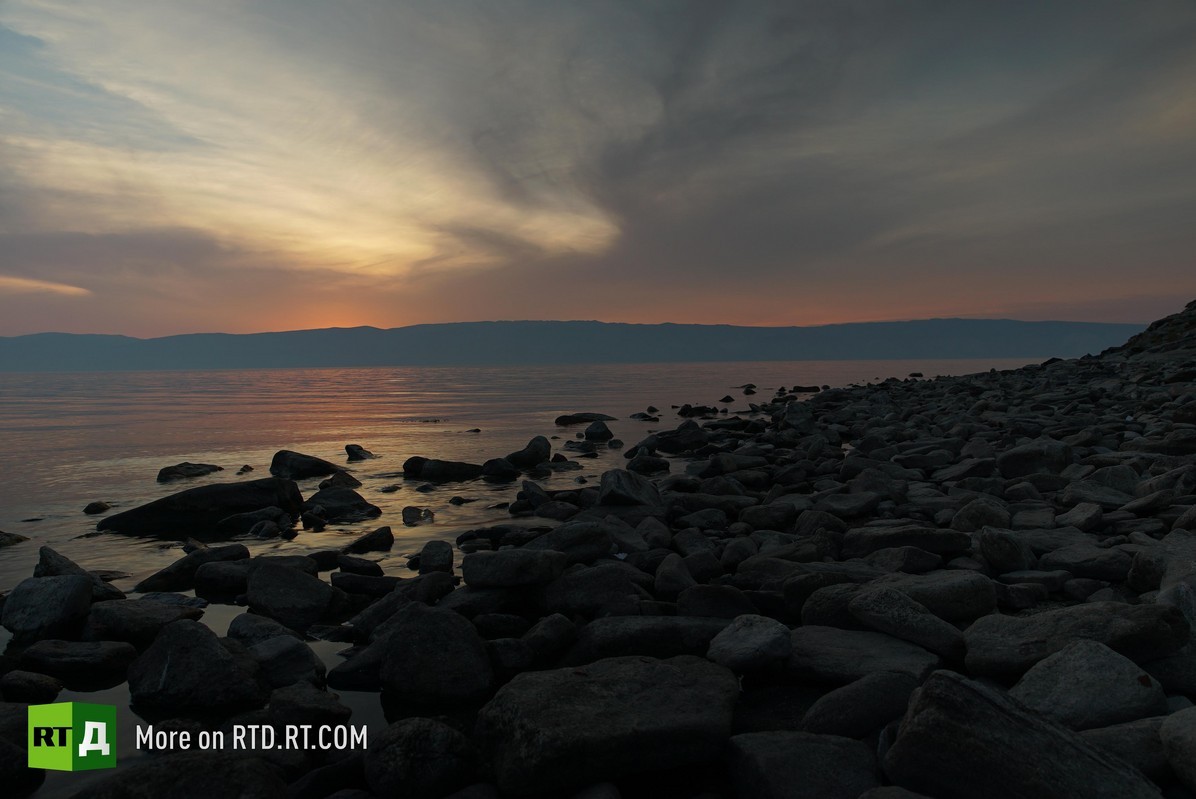
To find out more about the ecological situation at Lake Baikal, check out Baikal Blues at RTD Documentary Channel.